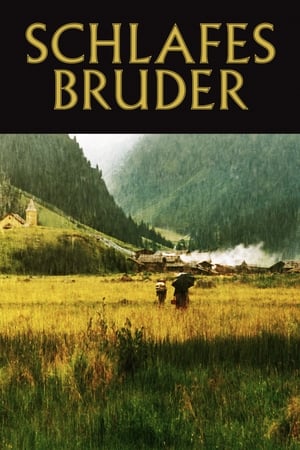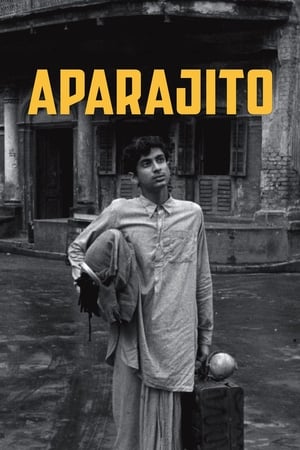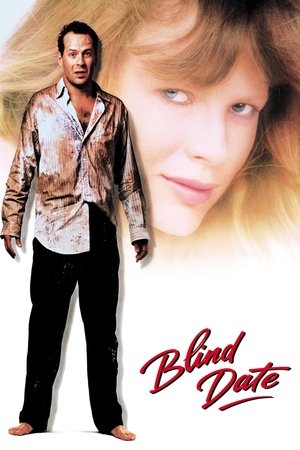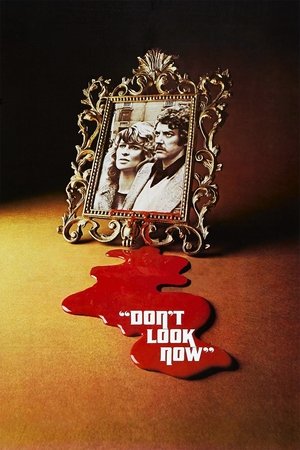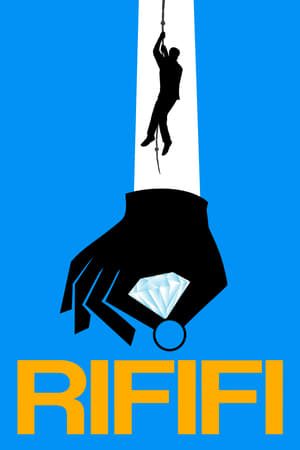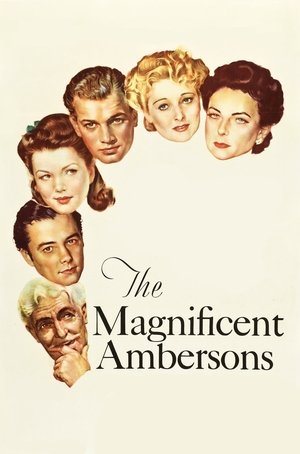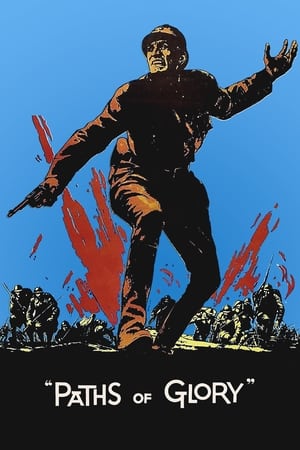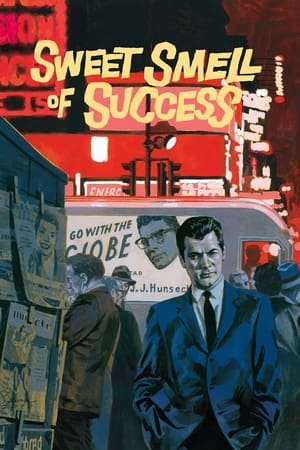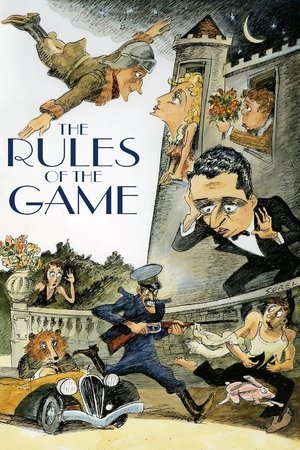Overview
High school seniors and best friends, Sonny and Duane, live in a dying Texas town. The handsome Duane is dating a local beauty, while Sonny is having an affair with the coach's wife. As graduation nears and both boys contemplate their futures, Duane eyes the army and Sonny takes over a local business. Each struggles to figure out if he can escape this dead-end town and build a better life somewhere else.
Reviews
***Bleak, trashy B&W drama of life in a fading Texas town in the early 50s with several strong points***
Released in 1971, “The Last Picture Show” is a B&W drama of several teens and adults in a dying Texas town on the windy plains in 1951. Timothy Bottoms, Jeff Bridges and Cybill Shepherd play the main high shoolers while Ben Johnson, Cloris Leachman and Ellen Burstyn appear as the adults. Randy Quaid and Clu Gulager have peripheral roles.
Sam the Lion (Johnson) is the minor mogul of the town, the father figure of several of the boys, who are fatherless in practice, if not reality. Despite wallowing in a dreary pall (which ties-in to the theme), the movie conveys many insights about real life and has some genuine warmth. A couple good examples are when Sam looks at Sonny (Timothy Bottoms) and Duane (Bridges) before they leave for a wild weekend in Mexico or the final scene between Sonny and the coach’s wife (Leachman); Sam’s reflections at “the tank” is another. Furthermore, I respect a movie that has the confidence to take its time without feeling the need to rush to the thrills and titillations.
“The Last Picture Show” is slightly infamous for its sleaze quotient, but it’s interesting what little sex actually goes on in the story; and the quality of some of that sex is dubious, e.g. Duane (Bridges) and Jacy (Cybill). As far as the nude pool party in Wichita Falls goes, it seems that these kids were older than Jacy, except for the little brother swimming in the pool and Lester (Quaid). I'm assuming they were college age; in other words, about 1-4 years older. Regardless, they were the offspring of rich libertines from the Big Oil business in Wichita Falls. Jacy was a rich girl from backwater Nowheresville and wanted to fit in with these bigger city kids.
Regarding the realism of the nude swimming, the story takes place in 1951; a mere 18 years later teens were publicly skinny dipping in Woodstock, NY, which is documented in the film of the same name. Do we seriously think a few teens weren't doing the same thing a mere 18 years earlier? For comparison, it's 2018 as of this writing. Do we really think teens today are all that different than teens 18 years ago in 2000? Besides, teens on the wild side were skinny dipping in the 1800s, 1700s, 1600s, etc.
At the end of the day, this is a decent adult-oriented drama about the kinetic experimentations & aspirations of youths in the early 50s juxtaposed with the sometimes sad reflections & practices of the adults.
The film runs 1 hour, 58 minutes and was shot in Archer City, Texas, as well as nearby Olney, Holliday and Wichita Falls.
GRADE: B
I must have watched this movie a few years after it came out, but I had no specific memory of it, no feeling of deja vu of having seen a scene before. It is a good film in many ways, certainly achieving its apparent goal of portraying a bleak landscape of a dying town.
The dialogue, which I notice since I write novels that feature a lot of dialogue, is excellent, just what you expect from Larry McMurtry. The acting is solid, though a little dreamy and perhaps overdone in places. I like how the camera focuses on faces at times even when nothing is being said.
Because there are so many young men and women characters, there is a lot of sex and obsession about sex. That is the intended audience, I imagine, the young and young at heart.
I liked the imagery I saw in the life blood of a town symbolically blowing away gradually in the ever-present wind. For that reason I wish there had been a tad less sex and more of a focus on the social aspects of a town fading away, taking the dreams of the young with it. But I suppose that would be a different film aimed at a different audience.
"Sonny" (Timothy Bottoms) and "Duane" (Jeff Bridges) are best pals in a remote Texan town that offers them little by way of prospects. They both vie for the love interest of "Jacy" (Cybill Shepherd) although she is supposed to be dating "Duane". She comes from the family that passes for wealth in "Anarene" and her mother (Ellen Burstyn) has essentially told her to keep her options open and see which, from an extremely limited gene pool, might offer her the best prospects. For most of their lives, "Sam" (Ben Johnson), himself a symbol of a bygone era, was a sort of father figure and his death leaves them in charge of the town's entertainment - a dilapidated bar/pool hall/cinema that's just about as run down as the town itself. Do they stay and run it together? Will one or both decide that the future lies elsewhere? With their graduation and the draft looming, their collective hormones racing and rivalries becoming rife, the whole town starts to feel the strains of their predicament. I kept expecting Marlon Brando to appear here as the monochrome photography and the 1950s style of the production deliver quite a potent coming-of-age drama that's distinctly lacking in sentiment. It's also one of the first examples I recall of nudity occurring freely in an American-made film. Sometime that is overtly sexual, but it also features more naturally too as they come to terms with their own bodies and discover some stimulating peccadilloes along the way. Bottoms and Bridges rather effectively epitomise the hopelessness of life in these dead-end towns and Larry McMurty's screenplay offers us some honest and pithy dialogue to contextualise the behaviour that we can readily see amidst a community that is bursting at the seam for something, anything, out of the ordinary to finally happen. In the end, though, the plaudits have to go to Shepherd whose character treads a fine line between curious and manipulative as well as coming to terms with her own sexuality and whom she portrays really quite plausibly. I didn't love the denouement, it felt a little unnecessary to me but as an illustration of life for some many young, horny and exasperated this is a really good watch.

 119 min
119 min
 7.609
7.609
 1971
1971
 USA
USA
 Wuchak wrote:
Wuchak wrote:

